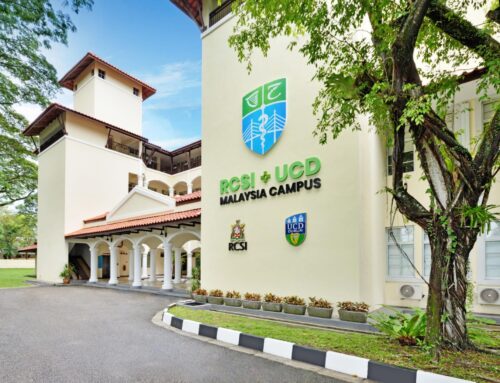The Regulations of Procedure, often known as the Arbitration Regulations, are a set of rules that govern the conduct of arbitration procedures.
The parties to arbitration may define the rules of procedure that will be followed in the arbitration under Section 19 of the Act. The importance of establishing procedural independence between the parties in deciding the outcome of this case cannot be overstated.
When the parties cannot agree on a technique or process, the arbitral tribunal is responsible for making the ultimate decisions on how the arbitration will be conducted. Regrettably, the Arbitration Act does not offer any default standards for arbitral processes. This works fine with Arbitration Proceedings for the companies.
A further clause of this section states that the arbitrators have complete power to apply the Code of Civil Proceedings of 1908 or the Evidence Act of 1872 to the arbitral procedure at hand.
The Following Venue Will Host An Arbitration Hearing:

If both parties cannot agree on a location for arbitration, the arbitral tribunal is required under Section 20 of the Act to pick the site in a legitimate manner, taking into consideration the circumstances of each case as well as both parties’ preferences for convenience.
It’s also crucial to think about aspects of the process that are impacted by the legislation of the nation where the arbitration will take place. This article provides a broad overview of the relevant legislation in India at the time of publication.
Arbitral Procedures Should Be Conducted According To The Guidelines Outlined Below
Section 22 of the Act, which deals with arbitral language in general, contains a wealth of information. It is up to the parties to decide which language or languages will be utilized throughout the arbitration processes. If the parties are unable to agree on the language to be used in the arbitration proceedings, the arbitral tribunal will decide which language or languages will be utilized. The vocabulary in this part will be used to interpret an arbitral award or judgment, as well as any other communication made by a tribunal.
In cases where the arbitral tribunal has decided on the language to be used in the arbitration proceedings, it is conceivable that the arbitral tribunal will require that any documentary evidence be translated into the arbitral tribunal’s chosen language. Everyone involved in the arbitration process must be able to understand what is happening at all times throughout the procedures.
The Claims and Dependencies of Claimants and Defendants
As previously stated, Section 23 of the Arbitration Act of 1996 governs the parties’ arguments before the arbitral tribunal (as amended). The parties usually exchange and submit their pleadings to the arbitral panel for consideration before the arbitration proceeding may commence.

Respondent opposes the claimant’s facts and legal accusations, as well as seeking several types of remedies. The content of a pleading may change from one instance to the next depending on the facts and circumstances.
According to the rules outlined in this section, the statement of claim and defense must be completed within six months after the arbitral tribunal’s formation.
Hearings May Be Listened To And The Written Proceedings Can Be Read
Section 24 of the legislation outlines the processes that must be followed while conducting arbitration proceedings. Unless the parties agree differently, the arbitral tribunal will decide whether the processes will be performed purely on the basis of documents and other materials presented by the parties or fully verbally.


Leave A Comment